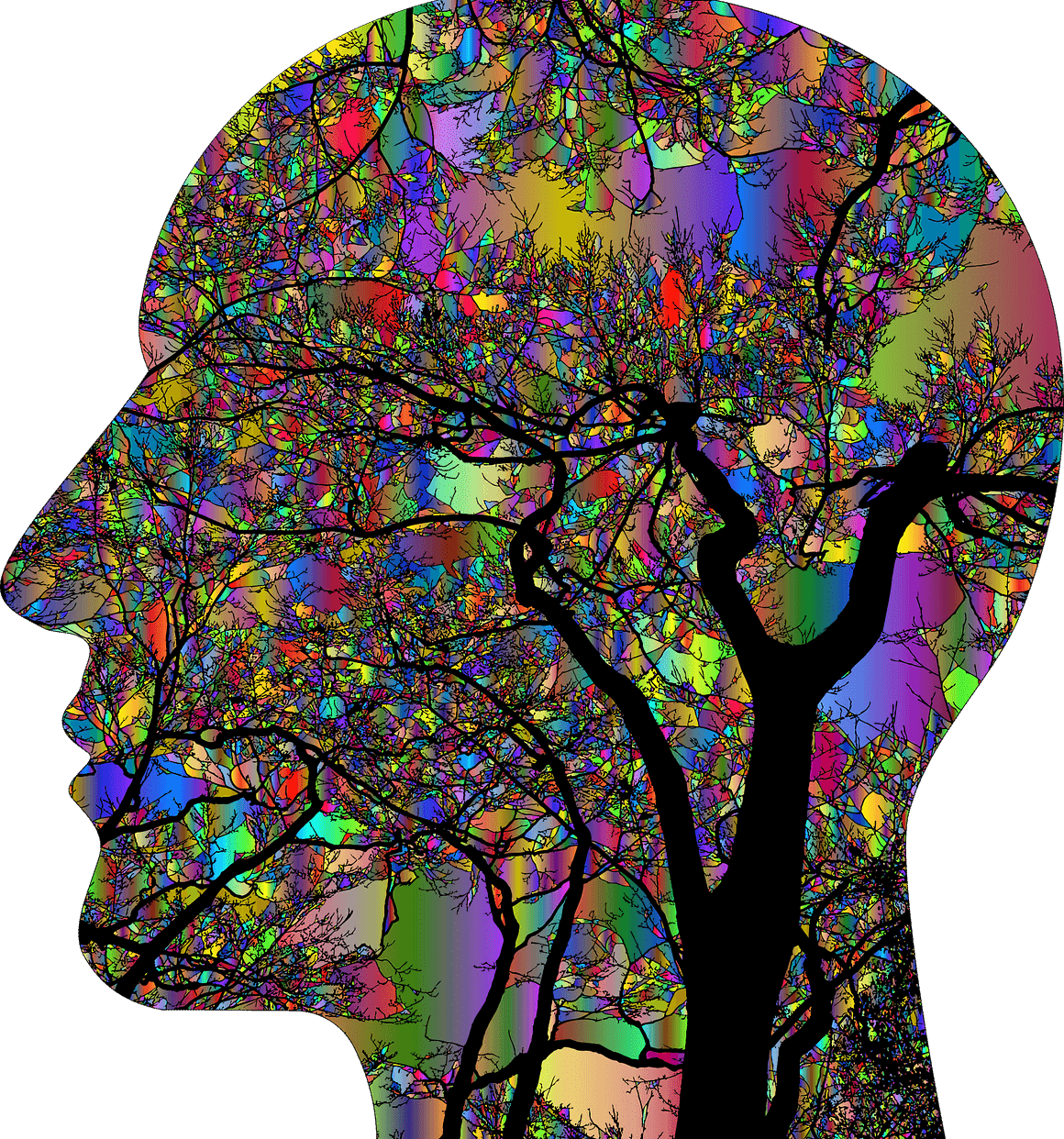
Empowerment gives voice, autonomy, space, recognition and strength to assert rights such as, for example, freedom of thought and expression to assume a leading role in one's own life.
Freedom of thought is a right that many sources present as synonymous with freedom of conscience and intellectual freedom .
In multiple resolutions and articles of pacts, declarations and conventions, the importance of respecting and being able to exercise the rights linked to freedom of expression and freedom of thought is highlighted. Thus, the value and need to provide independence and personal autonomy is accepted on a universal scale, so that each person can seek, receive and disseminate or express ideas and/or data with the possibility of adopting or modifying their beliefs, ideologies and opinions. as considered in each case.
It is constructive to keep in mind that this is a right that is deeply connected to other freedoms that should always be tolerated, such as freedom of the press and freedom of religion .
Characteristics of freedom of thought
Freedom of thought , as detailed in part of the content of the American Convention on Human Rights , can be exercised by any means and it is not valid to appeal to censorship , political persecution or threats to limit or make it impossible. It is clarified that it must be subject to subsequent responsibilities that must be established by law in order to maintain public order and national security protected as well as to guarantee that the rights and reputation of others are respected.
Within the framework of a general assembly , the Organization of American States addressed and analyzed the most outstanding features of freedom of expression and thought without overlooking the role of the media . It was reaffirmed, in this context, that the existence of media that are characterized by being independent and free is vital for freedom of thought , to promote pluralism , to open avenues for debate and tolerance without giving space to any kind of discrimination. and to strengthen democracy .
The theory indicates that freedom of thought enables everyone to inform themselves in the way they prefer and generate their own ideas or beliefs without pressure, restrictions or reprimands, as long as they do not translate their reflections or inclinations into acts of violence or discrimination .
Freedom of thought , together with personal criteria and the ability to draw conclusions individually, gives room for choices that adjust to one's own convictions and particular reflections. By exercising this right there is no submission and, therefore, one is free regarding what and how to think.
It is essential to keep in mind that freedom of thought is subject to conditions that guarantee free will , since in situations or regimes that annul, restrict or prevent the ability or right to choose and decide autonomously , any type of freedom becomes impossible. .

Freedom of thought, considers the European Court of Human Rights, constitutes the basis of a democratic society. Through its agreement, it seeks to recognize and guarantee multiple freedoms as well as civil and fundamental rights.
Challenges and threats
Freedom of thought faces numerous challenges and a wide variety of threats every day. In a world in which everything seems to move at a dizzying pace marked by the massive use of the Internet , immediacy of information and fake news , it is essential to develop critical thinking .
In this scenario, one must have ethics and responsibility to generate and transmit information as well as a critical sense , knowledge and freedom to draw one's own conclusions, avoiding being a victim of media manipulation , overinformation or misleading data .
Difficulties in accessing education and indoctrination are also current obstacles that limit freedom of thought .

From childhood, human beings must have the right to think on their own and assert their right to freedom of thought so that no one invades, dominates, nullifies or conditions them with foreign ideologies, beliefs or positions.
Examples of freedom of thought
In one of its articles focused on respect for freedom of thought in childhood , UNESCO cited statements by Albert Szent-Györgyi , who in 1937 was awarded the Nobel Prize in Medicine . According to this physiologist of Hungarian origin, in order to demonstrate respect for children's freedom of thought , we must avoid influencing children's minds with "absolute truths" or "conditioned responses" about, for example, history or religion.
At the beginning of 2024 , the CLACSO Working Group ( Latin American Council of Social Sciences ) issued a statement to reject actions that emerged in Peru that the signatories defined as "sabotage" and "signalling" . The note published by this group sought to show solidarity, at the same time, with Anahí Durand Guevara , a teacher, sociologist and former minister in Peru in the area of Women and Vulnerable Populations . According to reports, the publication of a book signed by her titled "Outbreak in the Andes. Popular mobilization and political crisis in Peru" led to a falsification of the content by a Peruvian media and a position described as "antidemocratic" by authorities of the Universidad Nacional Mayor de San Marcos who did not authorize the presentation of the work in said institution. . For this reason, CLACSO expressed itself in writing to condemn these types of events that the group understands as a "direct attack" both towards freedoms of thought, teaching and expression as well as academic exercise of a critical nature.
